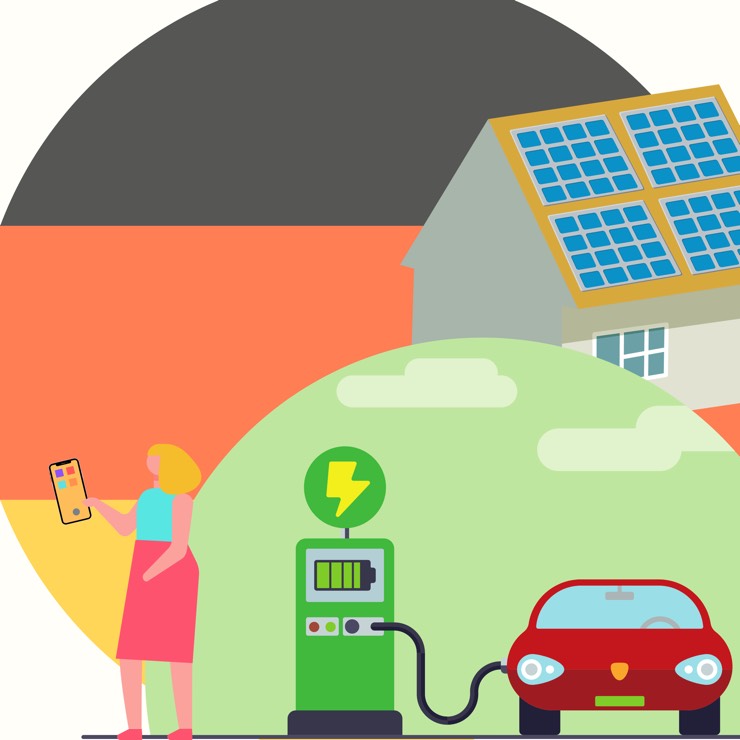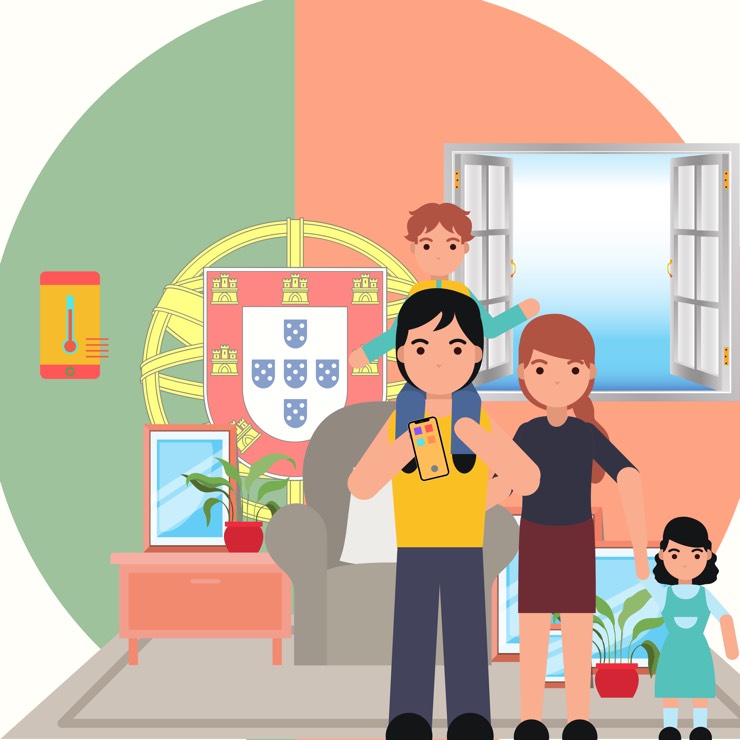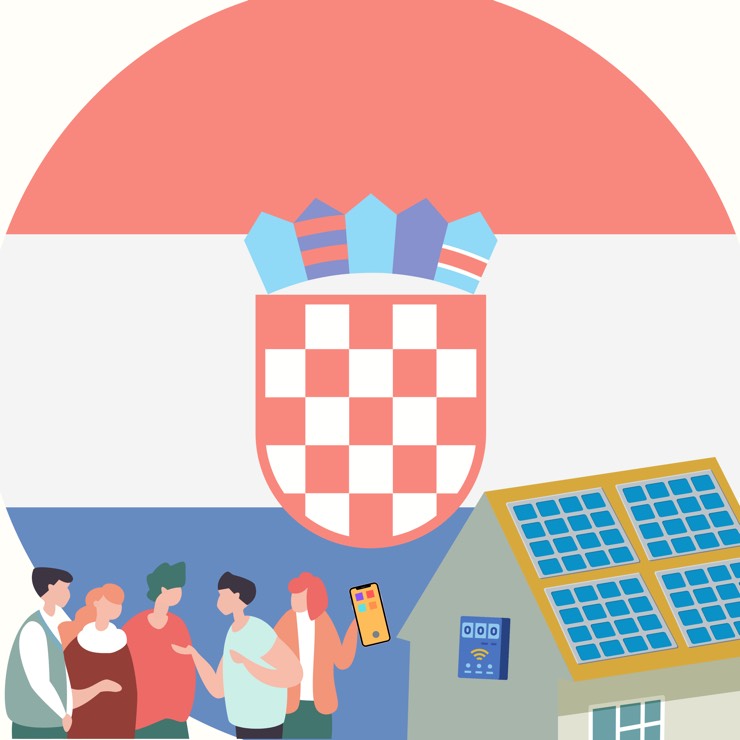In 5 different EU states
(Greece, Belgium, Germany, Portugal and Croatia)
In different environments
(residential, energy communities, schools)
Belonging to different age groups
(young children as well)
Belonging to different income classes
(low, medium, high)
Being served by different energy carriers
(electricity, natural gas)
Including prosumers and Electric Vehicle (EV) drivers as well
All five pilots in NUDGE are planned to launch by summer 2021 and their execution follows an identical three-phase time plan: pre-interventions phase, enabling the establishment of a benchmark, or baseline, in terms of energy use and consumer behaviour for the participating households in each pilot (June-November 2021), testing phase, including the actual testing of the planned interventions in each pilot (between December 2021 and May 2023, so as to provide for the execution of several (consecutive) interventions and their evaluation) and post-interventions phase, planned to run between June and September 2023, the pilots will keep on running in the absence of any interventions, to evaluate whether the consumers maintain an improved energy efficient behaviour after nudges cease, thus gaining insights into the long-lasting impact of the NUDGE approach.
Common features
- Energy monitoring and management tools: All pilots employ energy monitoring tools, to evaluate the energy consumption and production where applicable. Different energy vectors are considered (electricity and gas), while energy management is also supported through both market available products and proprietary solutions of NUDGE commercial partners.
- Digital user interfaces: All pilots will employ digital user interfaces to enable the interaction with end consumers but also the operationalization of behavioural interventions. 2 of the pilots (Greece, Germany) will build on existing smartphone applications and user dashboards/web portals that are part of regular business of lead partners. The development of custom-designed interfaces is also planned for the 3 remaining pilots.
- Long-term energy efficiency behaviour change potential: The 5 pilots share the great potential to deliver long-term energy efficiency behaviour changes and impact. This is achieved either through the engagement of users due to the remarkable efficiency improvements (e.g. up to 35% for the Greek and German pilots), or due to the application of unique approaches that promote long-lasting energy efficiency behaviour change, based on intergenerational learning with school children in Belgium, motivation for improving health and comfort of young children in Portugal and a combination of collective and social factors for local energy community members in Croatia.





